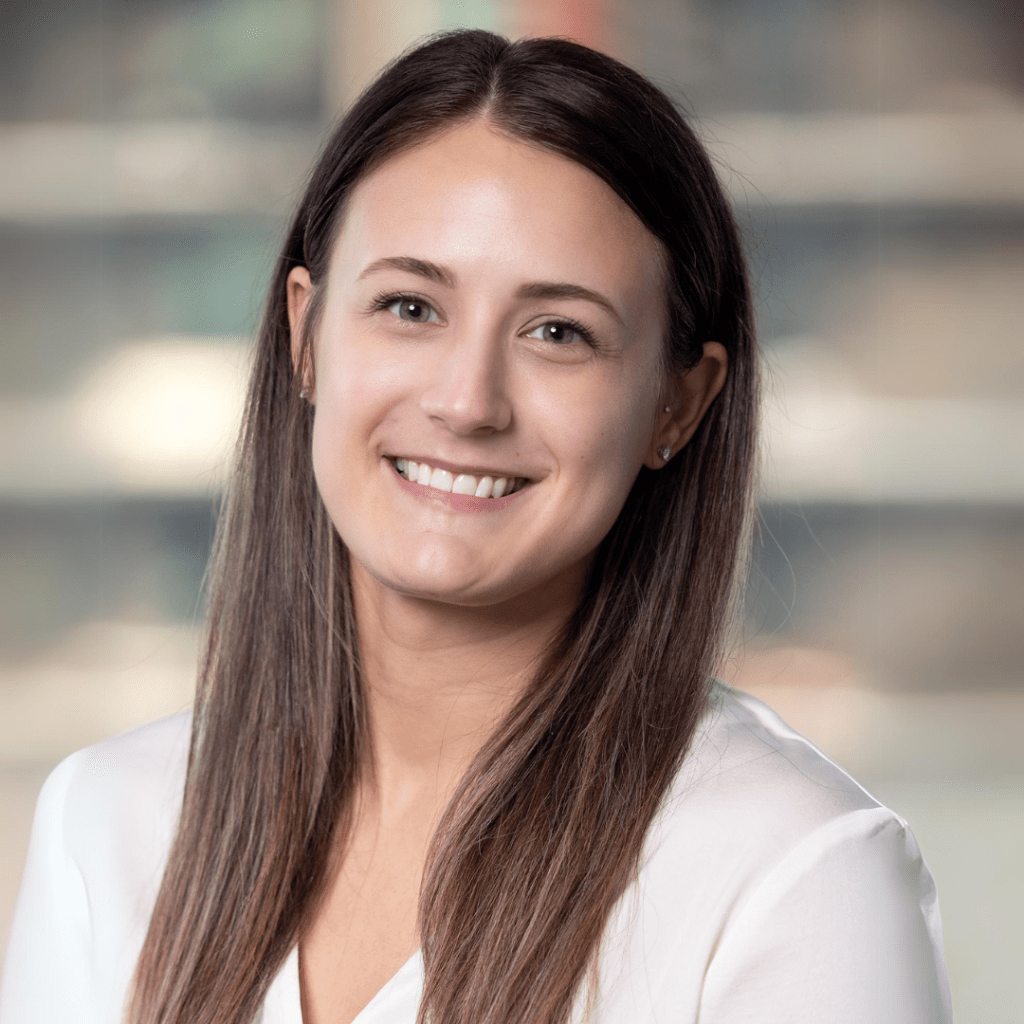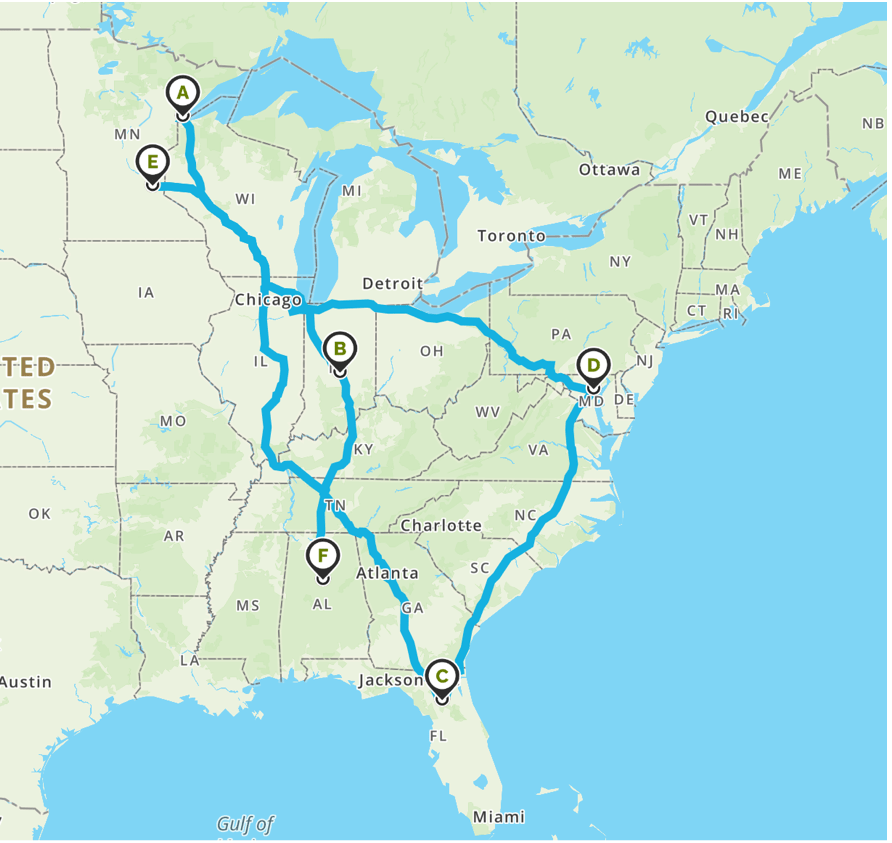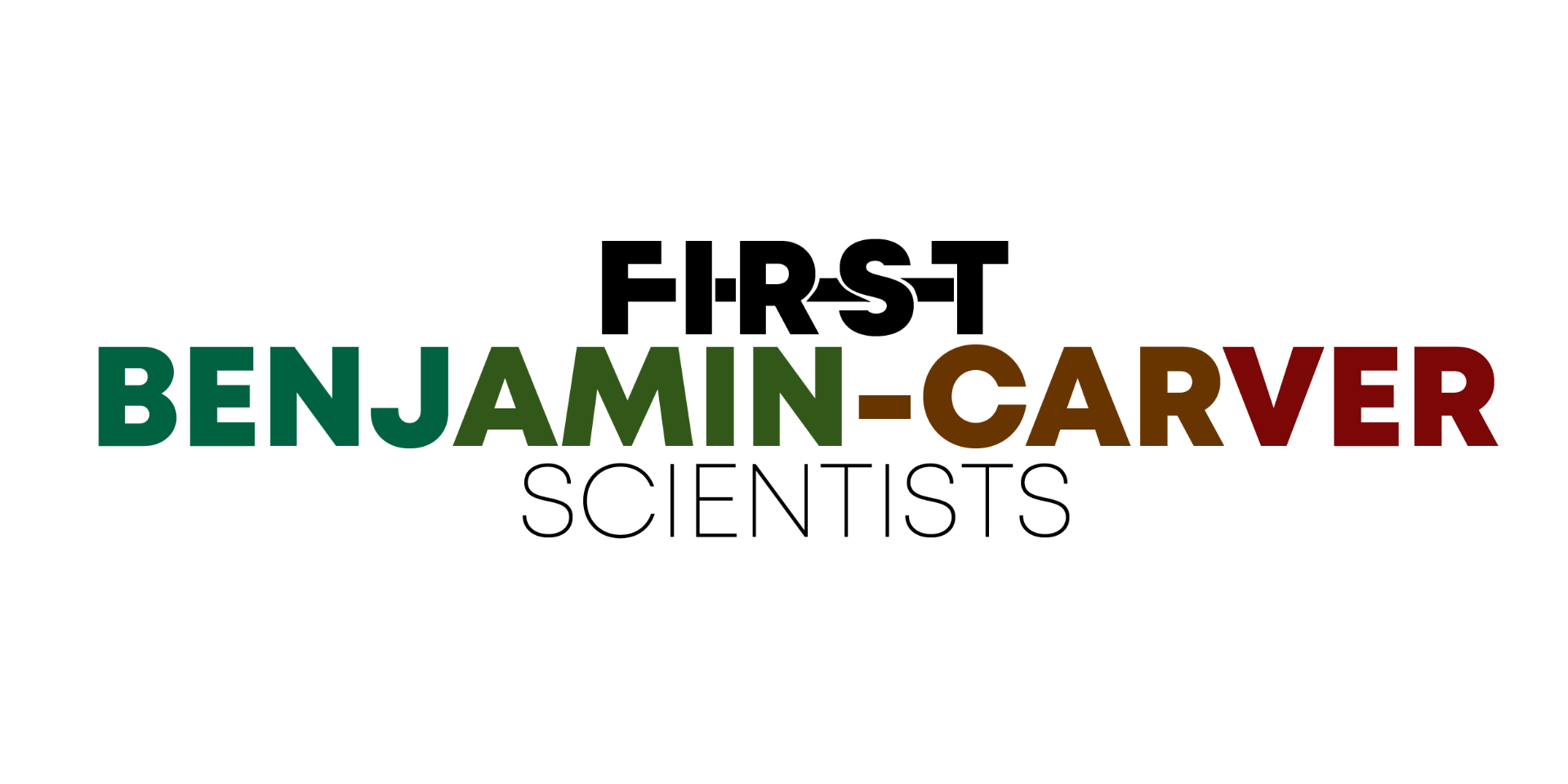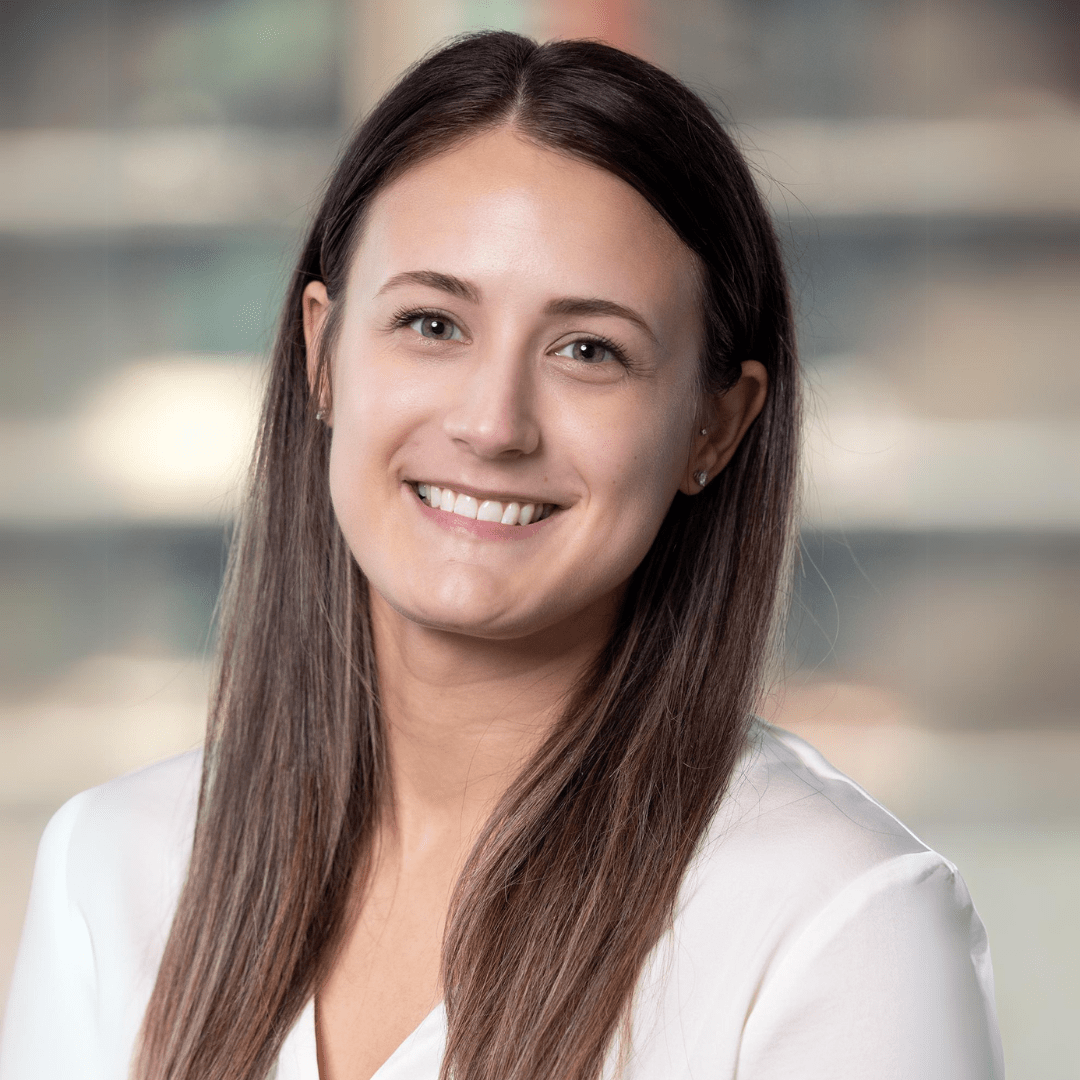Polanka’s interest in medicine came after her dad experienced a health scare when she was 16 and her family was uninsured. It was at this time that Polanka’s interest in how people think about and manage their health began to form. Throughout her academic career, Polanka used the experiences of her past to fuel her curiosity.
In this spotlight series, we’re showcasing the Benjamin-Carver FIRST Scientists, which includes Brittanny Polanka, Ph.D., who had a 4,521 mile journey to the program.

About the FIRST Partnership
It has been widely noted that diversity and inclusion within organizations can bring benefits such as increased levels of innovation and productivity—critical factors in the pursuit of health equity. Nowhere perhaps is this more evident than in biomedical and related research, where issues of trust, respect, and mutual understanding plague relationships among patients, study participants, healthcare providers, and researchers.
To help change this perception, the University of Alabama at Birmingham and Tuskegee University have partnered to create Benjamin-Carver FIRST, a community of scientists committed to inclusive excellence.

Meet Brittanny Polanka, Ph.D.
Originally from Duluth, Minnesota (A), Polanka received her doctorate in Clinical Psychology with an emphasis in Health and Medical Psychology from Indiana University—Purdue University Indianapolis (B). After graduation, she moved to Gainesville (C) where she did an internship with University of Florida. Afterward, in 2020, she relocated to Baltimore, MD (D) to conduct her Postdoctoral Research Fellowship at Johns Hopkins School of Medicine. Finally, in 2021, her academic career took her back home to Minnesota as she began a second Postdoctoral Research Fellowship at the University of Minnesota in Minneapolis (E)—where she complimented her clinical psychology experience with epidemiology and public health. Now, Polanka has been selected to begin her research career as a Benjamin-Carver FIRST scientist at UAB (F).
She explained, “After a crisis of health, one’s story can unfold differently depending on social situations and networks. That’s why I went into cardiovascular behavioral medicine, it’s the intersection of mind and body and I hope to better understand the relationship between the two.”
“I ask questions like, ‘how does insomnia affect someone’s risk for developing cardiovascular disease or experiencing cardiac arrest and how does this affect racial and ethnic minorities,’” Polanka added.
Building a Career in Cardiovascular Research as a FIRST scholar
During her interview process with the UAB Division of Preventive Medicine, a faculty member suggested Polanka apply for the FIRST program as it coincided with her areas of interest and career stage.
Now, as a member of Benjamin-Carver FIRST’s inaugural cohort, Polanka—who has primarily conducted observational epidemiologic research—will continue to explore the mind/body relationship, as well as the implications of racial disparities in the Deep South’s underserved communities. Areas of which have many residents living uninsured and unprotected from a potential crisis.
With the support from UAB and Tuskegee, FIRST scientists such as Polanka have dedicated principal mentors, individual career coaching, group sessions, and professional development opportunities to help facilitate their personal and professional growth.
Polanka looks forward to her future in Birmingham as she says, “I’m excited to get settled into my new home and community.
“As a collaborative, the Benjamin-Carver FIRST program is uniquely positioned to help me network in this new environment. It’s my hope that these connections could lead to exciting intersections—tackling the same problem from a couple different directions.”
Brittanny Polanka, Ph.D.
She added, “Ultimately, as a FIRST scientist, I want to answer the question, ‘If we treat exacerbating factors, can we reduce risk for patients?’”


